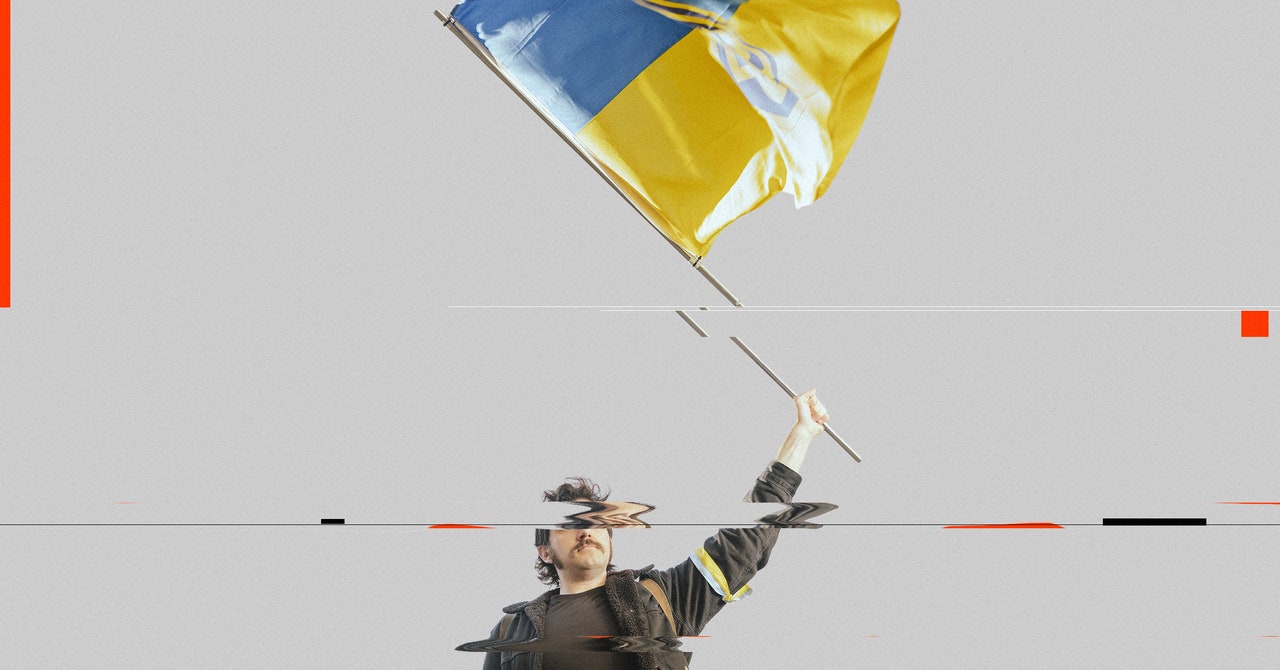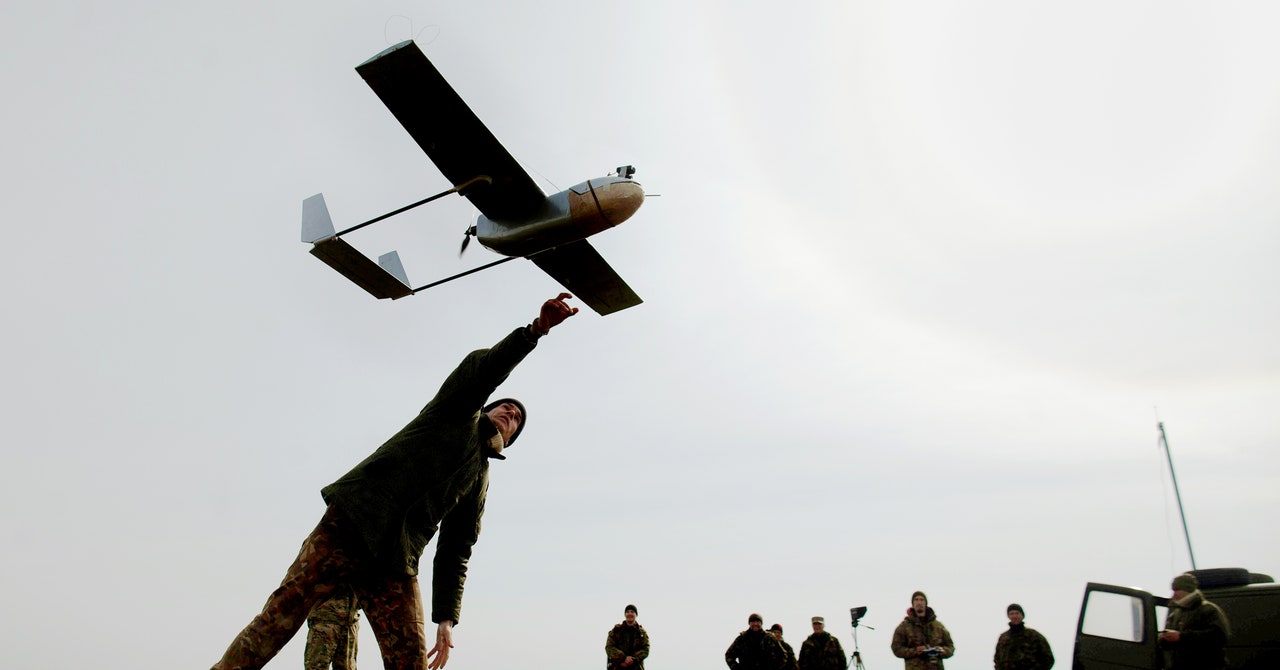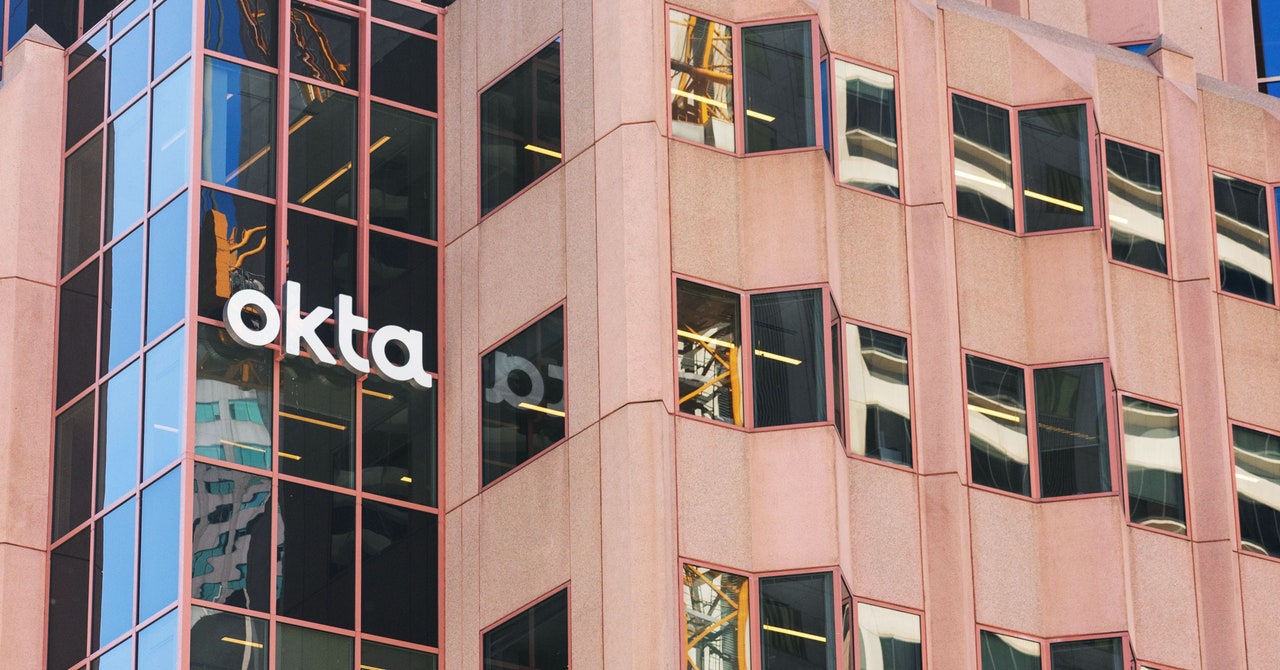on Thursday, hackers defaced a Russian Space Research Institute website and leaked files allegedly stolen from Roscosmos, Russia’s space agency. Their message? “Leave Ukraine alone or Anonymous will screw you up even more.” Meanwhile DDoS attack hit Russia’s .ru “top-level domain” with the goal of essentially cutting off access to all URLs that end in .ru. These are just the latest incidents in a wave of pro-Ukraine hacktivism.
Protests against Russia’s chosen war with Ukraine took place around the world, including in 48 Russian cities. The global community has raised millions of dollars for Ukraine through cryptocurrency donations, and private companies from Shell and BP to Apple have temporarily or permanently withdrawn from the Russian market. Amidst the chaos, hacktivists join the cacophony in an attempt to make a statement and advance their cause.
For years, Russia has attacked Ukraine with a series of intrusive and destructive cyberattacks. And the war has begun in recent days with Russian campaigns to hit Ukrainian institutions with DDoS attacks and unleash data-wiping malware on hundreds of Ukrainian computers. Ukraine itself has undertaken efforts to amass a volunteer “IT army” of civilian hackers from around the world to aid its fight, alongside traditional military service. Yet as the back-and-forth escalated into violence in the region and NATO countries hit Russia with crippling economic sanctions, hackers’ data leaks, website defacements and cyberattacks have become some of the most visible, if not necessarily the most – the impactful, digital battlefields.
The combination of hacktivism and active warfare creates a muddled picture, experts say. Some warn that hacktivism could lead to unintended escalations or jeopardize intelligence operations. Others argue that even more so than in peacetime, periods of active combat make hacktivism ineffective and largely a distraction.
“This is a high-intensity armed conflict between two states with severe kinetic warfare, civilian casualties and physical destruction,” said Lukasz Olejnik, an independent cybersecurity researcher and former cyberwarfare adviser to the International Committee of the Red Cross. “Let’s be honest here, what can hacktivism change in this picture? Also, most reports of hacktivism are unverifiable at best. They are heavily amplified in social media and traditional electronic media, but what is the actual effect?’
If anything, the hacktivist efforts were very visible. As Russia began its invasion of Ukraine on Thursday, the hacker collective Anonymous tweeted that it is “officially at cyber war against the Russian government.” The group claimed responsibility for attacks that briefly knocked out access to a number of sites, including that of the state-controlled Russian news agency RT, Russian oil giant Gazprom, the Kremlin itself and other Russian government agencies. The distortion of the marine tracking data led to Putin’s yacht being renamed “FCKPTN” in the marine tracking data. Soon after, two groups known as “Anonymous Liberland” and “the Pwn-Bär Hack” expired approximately 200 gigabytes of alleged emails from Belarusian arms manufacturer Tetraedr.
On Monday, the collective announced a new wave of website defacement, saying it had posted anti-war overlays on a number of news websites, including that of the Russian newspaper Merchant and the state publications TASS and RIA Novosti.
Hacktivist activity precedes actual warfare. A group known as the Belarusian Cyber Guerrillas attacked Belarus’ railway system in late January and recently claimed to be at it again. The goal of the initial initiative was to slow the build-up of Russian troops along the Ukrainian borders; this week, the group said it wants to thwart Russian military moves.




